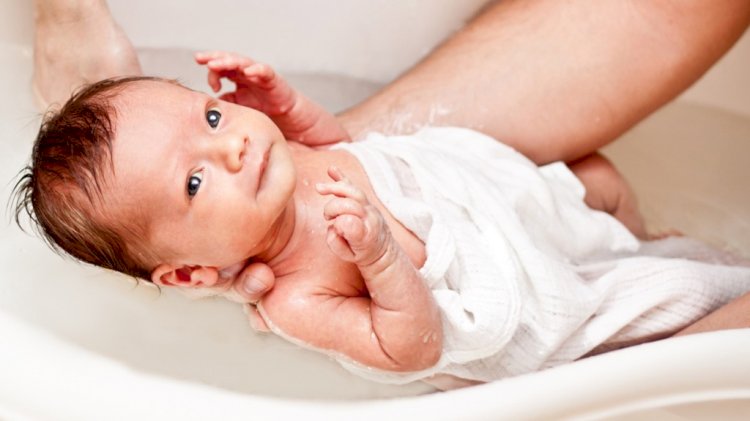Nigeria Records 26,039 Babies Born On New Year Day - UNICEF
“As we start each new year, we are reminded of the potential of each and every Nigerian child embarking on her or his life’s journey if only they are given that chance to survive and thrive,” UNICEF representative reveals

The United Nations Children’s Fund has disclosed that an estimated 26,039 babies were possibly born in Nigeria on New Year’s Day.
This was contained in a statement released on Wednesday by the UNICEF’s Nigeria Representative, Mr Peter Hawkins.
He explained that Nigerian babies would account for almost seven per cent of the estimated 392,078 babies to be born on New Year’s Day globally.
Hawkins said this figure is the third highest number of babies in the world, after India with 67,385; and China, 46,299.
“The beginning of a new year and this year, a new decade, is a chance for us to reflect on our hopes and dreams for the future of Nigeria, especially for those who stand to inherit this country; its children.
“As we start each new year, we are reminded of the potential of each and every Nigerian child embarking on her or his life’s journey if only they are given that chance to survive and thrive,” he said.
However, the representative said that for millions of newborns around the world, including in Nigeria, the day of their birth was far less auspicious, and sadly, was often their last.
According to him, 2.5 million newborns died in just their first month of life around the world in 2018; about a third of them on the first day of life.
READ ALSO:
‘I Cannot Move Back To Ghana Because Of Healthcare’ - Leila Djansi
“In Nigeria, this was 318,522 deaths; among those children, most died from preventable causes such as premature birth, complications during delivery, and infections like sepsis.
“In addition, more than 2.5 million babies are born dead each year, with more than 400,000 stillborn deaths taking place in Nigeria annually,” he said.
Hawkins said UNICEF’s Every Child Alive campaign called for immediate investment in health workers with the right training.
According to him, workers are equipped with the right medicines to ensure every mother and newborn is cared for by a safe pair of hands to prevent and treat complications during pregnancy, delivery and birth.
“Too many mothers and newborns are not being cared for by a trained and equipped midwife or nurse, and the results are devastating.
“We can ensure that millions of babies survive their first day and live into this decade and beyond if every mother has good pregnancy care and every baby is born into a safe pair of hands.
“That means having well-equipped facilities with well-trained staff who can be there to welcome every Nigerian child into this world safely and healthily.
“This is especially critical as we now only have 10 years to deliver on the global Sustainable Development Goals (SDGs),” Hawkins said.

































